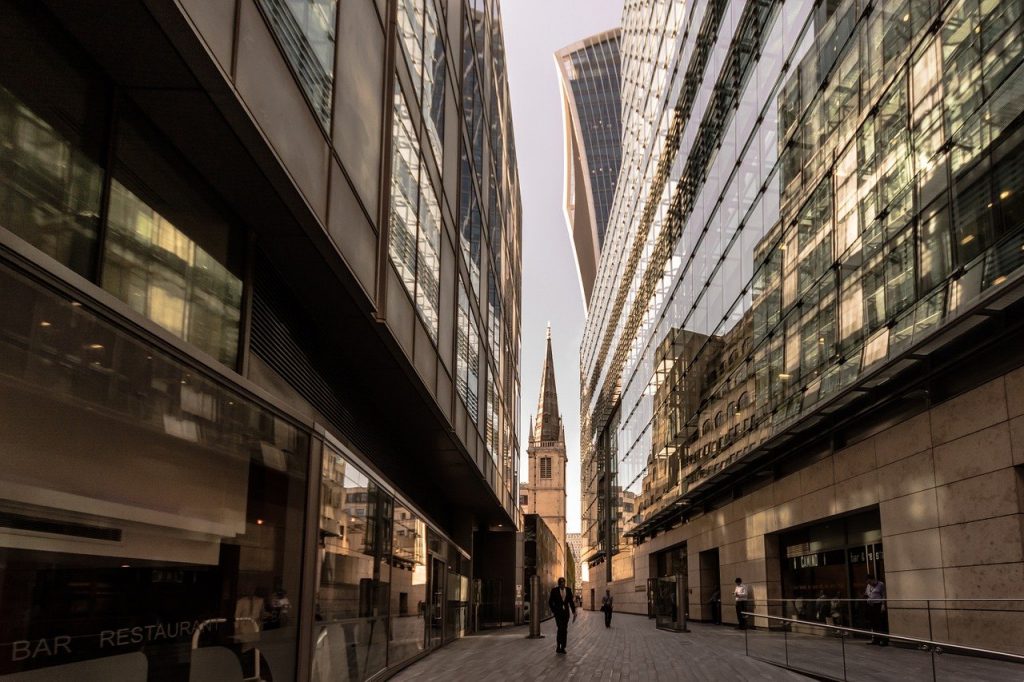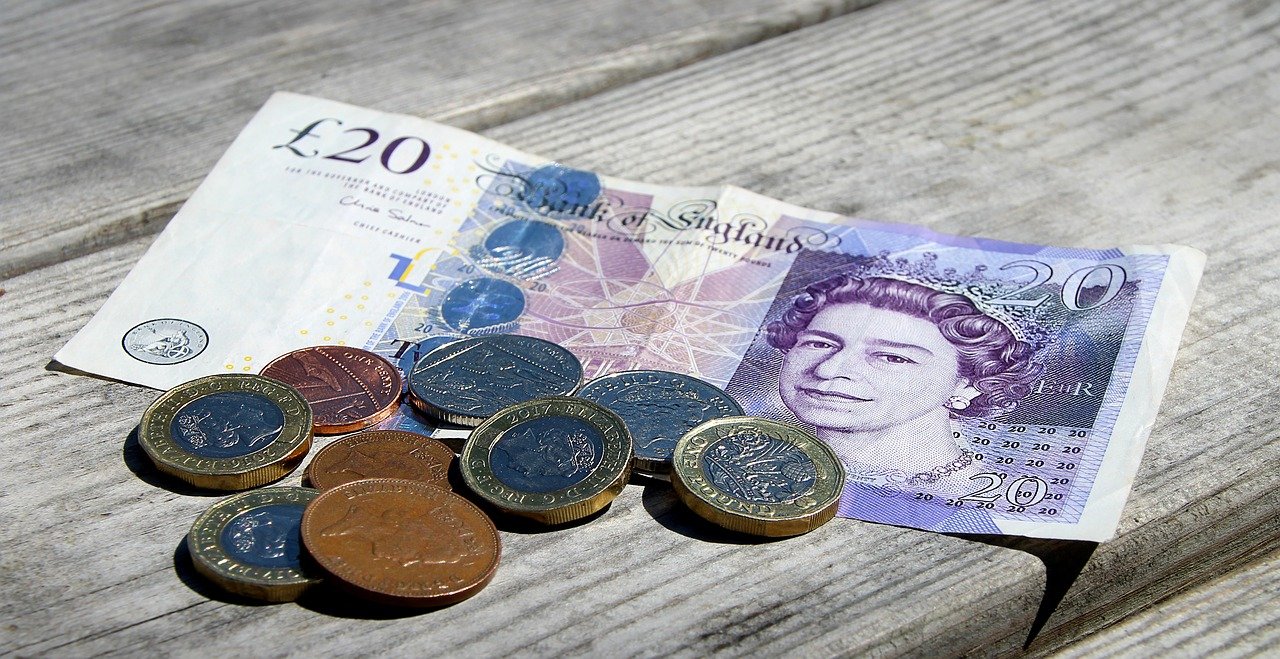Table of Contents
Governor of Bank of England Andrew Bailey raises concern of rising inflation risk.
The Bank of England governor Andrew Bailey, has raised concern about the real risk of rising inflation in the UK as the economy starts to recover from government implemented restrictions.
In a virtual event hosted by the Resolution Foundation, Andrew Bailey noted that inflation would rise as fuel price cuts from a year ago fell out of the annual calculation.
As the UK starts to recover from many restrictions on the general public and businesses, Bailey added that the risks were now “increasingly two-sided.”
He added, “For the moment, I would say… our task is to get inflation up to target, frankly and hold it there.”
“We will need more evidence than we usually do that we are seeing sustainable inflation”.
Inflation could arise due to all the monetary assistance programmes along with the opening of the economy means the velocity of money will pick up and could potentially cause runaway inflation.

What is inflation?
Inflation is the rate at which the value of a currency is falling and consequently the general level of prices for goods and services is rising.
Read more about how inflation here.
What is the velocity of money?
In simple terms, the velocity of money is the number of times money moves from one entity to another.
It also refers to how much a unit of currency is used in a given period of time.
Will the Bank of England increase the interest rates?
Bank of England governor Andrew Bailey has indicated that the BOE was not going to raise interest rates immediately, as the bank needed to see ‘more evidence’ of inflation.
However, you only need to look around at food and energy prices, or pretty much any asset. Prices are quite obviously going up.
UK is drowning in debt.
The UK national debt has now ballooned to over £2.4 trillion.
The debt has now reached 99.5% of GDP (gross domestic product).
GDP is the final value of the goods and services produced by a country during a specified period of time, normally a year. This is an important indicator of the economic performance of a country.
The government has to repay the debt on due dates.

However, the government doesn’t have the necessary money, it is already in a huge amount of debt, so what does it do?
The only thing the government can do is borrow new money and take on more debt to pay off the existing debts, which is why the national debt is simply spiralling out of control.
In a recent interview Rishi Sunak said that Britain’s finances were now ‘exposed’. Source.
The UK’s exposure to a rise of 1 percentage point across all interest rates resulted in £25 billion a year in order for the government to cover the cost of servicing the debt

Simply put, the debt is so big that a 1% rise in interest rates could cripple UK finances.
A reasonable interpretation of the current situation is that the UK finances are very vulnerable right now.
If inflation does start to rise dramatically, then it would be very difficult for the Bank of England to raise interest rates, due to the massive debt burden.

